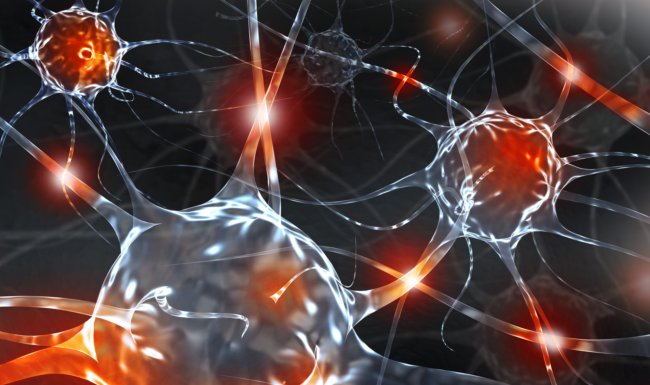
AsianScientist (Oct. 20, 2016) – Treatment with scanning ultrasound has already been proven to reverse Alzheimer’s disease in mice. Now it appears it could also slow down ageing in healthy brains, according to a study published in PLOS ONE.
The neuronal cells’ structure in the hippocampus—a brain area extremely important for learning and memory—of a normal brain is reduced with age. But scanning ultrasound prevents the reduction in this structure, suggesting that through this approach, we could keep the brain younger as we grow older.
In the research, the mice were treated with either one or six scanning ultrasound treatments over six weeks. Their brain cell structure and function were reviewed two hours, one day, one week, and three months after receiving the treatment.
The findings showed that scanning ultrasound prevented degeneration of cells in the brains of healthy mice. Researcher Dr. Robert Hatch said the work, from Professor Jürgen Götz’s lab in the Clem Jones Center for Ageing Dementia Research at the Queensland Brain Institute, was originally designed as a safety study, but soon revealed a broader role for ultrasound in maintaining brain health.
Götz’s lab has previously shown that non-invasive ultrasound technology can reverse Alzheimer’s disease in mice. The approach is able to temporarily open the blood-brain barrier, activating mechanisms that clear toxic protein clumps and restore memory functions.
“Collectively, this research is fundamentally changing our understanding of not only how to treat Alzheimer’s but to maintain general brain health,” Hatch said. “This is a pressing health issue in an ageing society and it’s clear that scanning ultrasound technology has a major role to play.”
In the next stage of research, the team will test the effect of ultrasound on the brain structure and function of older mice.
The article can be found at: Hatch et al. (2016) Scanning Ultrasound (SUS) Causes No Changes to Neuronal Excitability and Prevents Age-Related Reductions in Hippocampal CA1 Dendritic Structure in Wild-Type Mice.
———
Source: University of Queensland.
Disclaimer: This article does not necessarily reflect the views of AsianScientist or its staff.











